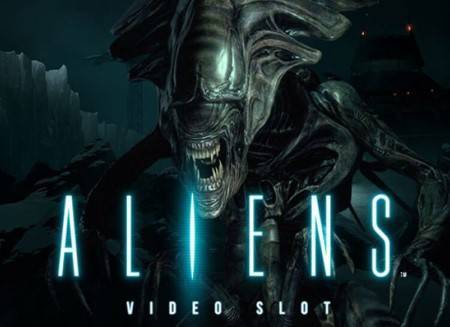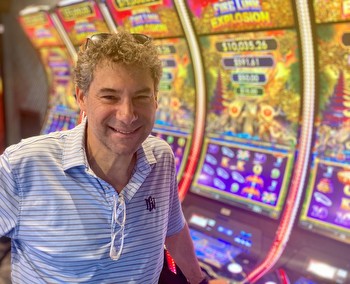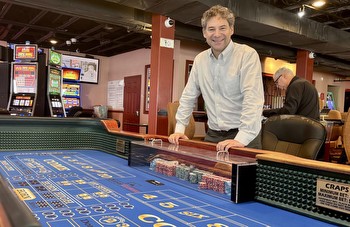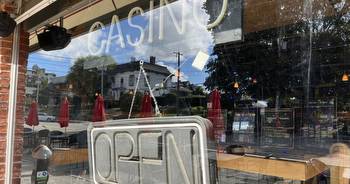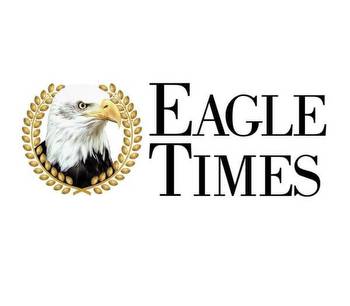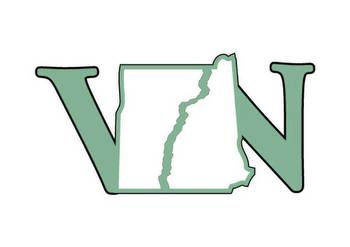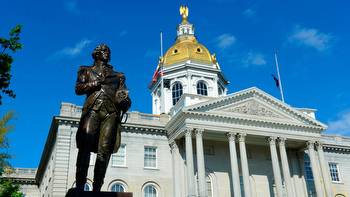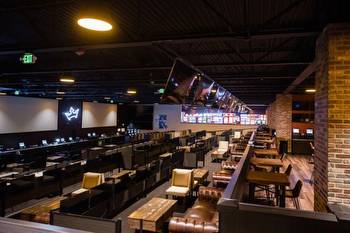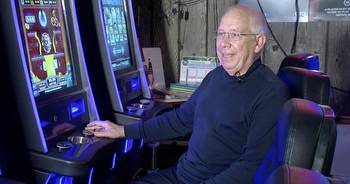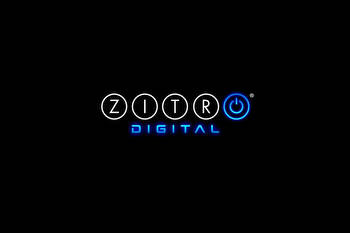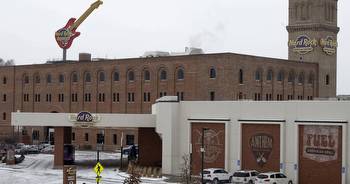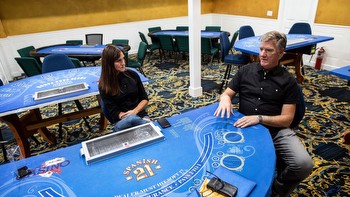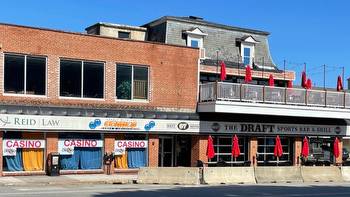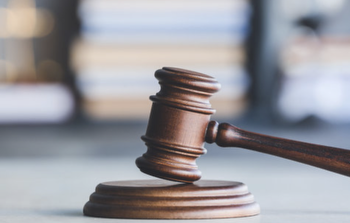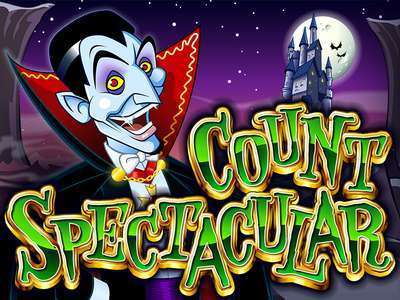Pair of new laws add to state’s gambling options

New Hampshire is expanding its gambling options under two new state laws signed by Gov. Chris Sununu Tuesday. A third law will transfer background checks for charitable gaming licenses from the state Attorney General’s Office to the New Hampshire Lottery.
House Bill 626 adds “historic” horse racing to pari-mutuel betting options, which already include live horse racing and simulcast dog racing.
Also called “instant racing,” historic racing allows players to place an electronic bet on a past horse race that is randomly selected from a video library. Players are not given the location or date of the race or the names of the horses and jockeys. Instead, they can see the jockeys’ winning percentages. Alternatively, players can allow the machine to choose for them.
Historic racing is predicted to bring in just under $6 million the first year. Twelve percent of that is held back: The game operator keeps 75 percent of it; the state collects 16.25 percent; and the two charities selected to “host” the game share the remaining 8.75 percent
Senate Bill 22 amends the existing law on Lucky 7 tickets to allow them to be dispensed electronically, similar to slot machines, in casinos. Traditionally, Lucky 7 tickets, which bring in about $58 million a year, have been sold in bingo halls as scratch tickets. The paper option will remain.
Additionally, it expands the number of tickets per deal from 3,500 to 14,000 and changes the fees to ensure the state maintains what it collects.
The bill’s sponsor, Sen. Harold French, a Franklin Republican, described the changes as a win for charities.
“These changes make tremendous sense,” French said in a statement. “This will save the charities who benefit from Lucky 7 from spending thousands on paper and eliminate waste as well because most people simply end up throwing their tickets on the floor.” And, he said, bigger deal sizes will attract more players and, thereby, increase charities’ proceeds.
House Bill 533 establishes an investigation and compliance unit within the New Hampshire Lottery that will do background checks on people applying for a gaming operator license. The state Attorney General’s Office will retain its authority to determine whether the application is “fit” to hold a license.
The governor has not acted on Senate Bill 100, another lottery-related bill that would create a committee to study the regulatory structure of charitable gaming.







